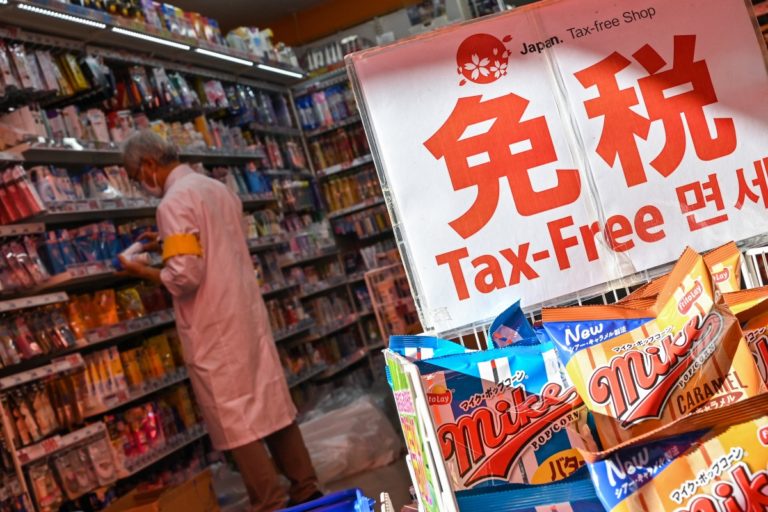
WORLD NEWS: JAPAN GOVT TO APPROVE $140 BILLION STIMULUS FOR CITIZENS
Agency Report
Following the worst election outcome for the ruling party in 15 years, Japan’s minority government was scheduled to approve a $140-billion stimulus package on Friday with the goal of increasing consumer spending.
Voters, enraged by inflation and corruption in the Liberal Democratic Party (LDP), denied new Prime Minister Shigeru Ishiba’s coalition a majority in the lower chamber of parliament in the October 27 election.
Yoshimasa Hayashi, the chief government spokesperson, stated Friday that Ishiba’s cabinet would accept the package later in the day. It is allegedly valued at 21.9 trillion yen ($141.8 billion).
“The package will have business impacts worth around 39 trillion yen and additional general account spending, which provide backing for the package, will be 13.9 trillion yen,” Hayashi said.
“We aim to emerge out of the cost-cut style economy and transfer into the high added value creation economy,” he told reporters.
According to the media, it consists of cash handouts up to 30,000 yen ($194) and electricity and gasoline subsidies for low-income households in the fourth-largest economy in the world.
By the end of the year, the government will present a supplemental budget to the lower house to fund the package, the second in as many years.
Ishiba consented to include the removal of an income tax threshold advocated by the opposition Democratic Party for the People (DPP) in order to garner adequate support from parliamentarians.
The smaller party claims that by incentivizing part-time employees to put in more hours and earn more money, this will alleviate labor shortages and increase consumer spending.
However, detractors fear that this will result in a trillion-yen drop in tax revenues and a rise in Japan’s massive debt load, which is equivalent to more than 200 percent of GDP.
With more individuals becoming seniors and fewer people working and contributing to the coffers, Japan’s public finances are expected to be under increasing strain.
According to Yoshimasa Maruyama, an analyst at SMBC Nikko Securities, this debt mountain will also become more expensive as the Bank of Japan is predicted to continue raising interest rates.
Tax cuts “must be accompanied by a permanent source of revenue to fill the gap”, Maruyama wrote in a research note.
Ishiba, 67, has promised to revitalise depressed rural regions and to address the “quiet emergency” of Japan’s shrinking population with measures to support families such as flexible working hours.
Going forward, businesses worry that the need to curry favour with opposition parties means Ishiba will avoid reforms needed to improve Japan’s competitiveness.
There are also concerns that the government may pressure the Bank of Japan to go slow on raising interest rates, even if this leads to a weaker yen.
Government data Friday put headline inflation last month at a modest 2.3 percent, but it showed rice up nearly 60 percent year-on-year, revealing the pain for ordinary Japanese.
The price of the staple rocketed because of hot weather and water shortages and after a “megaquake” warning in August led to hoarding. Record inflows of hungry tourists were also blamed.
Separately, Ishiba has promised to spend 10 trillion yen through 2030 to boost Japan’s semiconductor and artificial intelligence sectors and help the nation regain its tech edge.
The new stimulus package may include plans for the government to buy a 200-billion-yen stake in next-generation chip venture Rapidus, according to media reports.
After dominating tech in the 1980s, “Japan had a quite a long period of almost just sitting back and observing a lot of this innovation, particularly when it comes to artificial intelligence”, said Kelly Forbes at the AI Asia Pacific Institute.
“What we have seen in the last maybe two to three years is Japan really waking up to the potential” of such developments, she told AFP.
AFP
